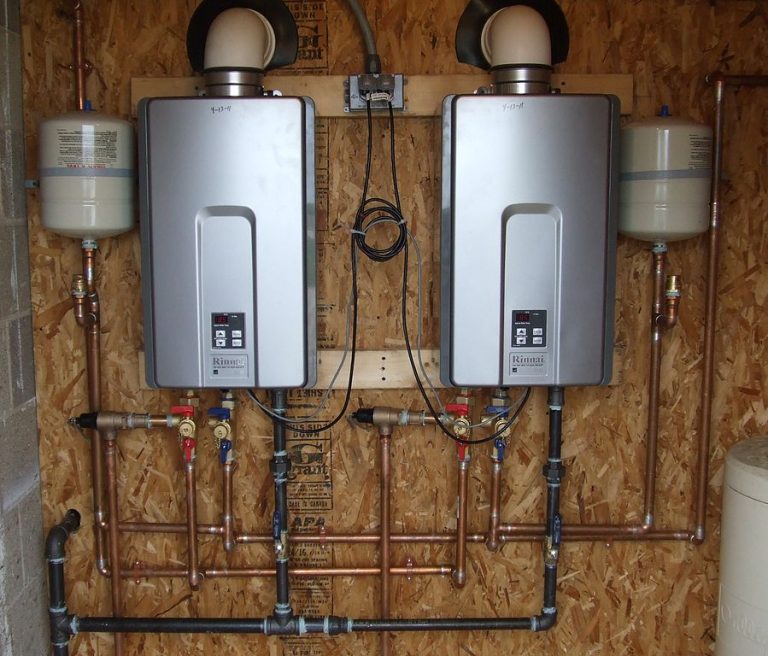As you can imagine, water can be a hazardous substance to the human body. Given the amount of pollutants that enter our homes through our pipes, it is critical to install plumbing systems capable of filtering out these contaminants and producing clean drinking water.
Water softeners are the perfect solution. However, many people find it difficult to choose which plumbing system will work best for their home. Here are some things you should consider before deciding on what type of plumbing system is right for your home.
The Importance of Water Softeners
Water softeners are essential for filtering out the pollutants that enter our homes through our pipes. They are also a valuable addition to any plumbing system.
You should choose a water softener that is capable of filtering out specific pollutants such as lead and arsenic. Lead and arsenic can be dangerous to your health if they find their way into your drinking water.
What to Consider Before Installing a Water Softener
When you decide to install a water softener, it’s important to factor in the type of plumbing system that will be used. This can be difficult because there are so many different types of plumbing systems.
You may be able to find a plumber who will help you determine which type of plumbing system is best for your home. But if you don’t have the time or resources to research each system, it would be wise to choose a water softener that is compatible with your current plumbing system.
Another consideration is the size of your softened water. Softened water can travel through different pipes in your home and can cause problems with these other pipes. It’s important to choose a softener that is specifically designed to work with the size of your pipes.
What are the different types of water softeners?
There are three main types of water softeners: ultraviolet, ozone, and chemical-lime. Each type of water softener has its own unique benefits and drawbacks.
UV water softeners are the most popular type of water softener because they filter out pollutants in water using UV light. They typically cost more than other types of water softeners, but they have a high success rate when it comes to filtering out contaminants.
Ozone water softeners work best when used in tandem with a chlorine bleaching unit. They remove contaminants using ozone gas, while the chlorine kills bacteria and other harmful organisms. This type of water softener is also more expensive than other types of water softeners because it also has a higher success rate when it comes to filtering out contaminants.
Chemical-lime water softeners are the most effective type of water softener because they use a mixture of chemicals to kill bacteria and other harmful organisms. They’re not as effective at filtering out pollutants as UV or ozone systems, but they do a better job of killing bacteria and other harmful organisms than other types of water softeners.
What is the benefit of using a water softener?
The main benefit of using a water softener is that it helps with the filtering of harmful pollutants from your water.
The downside to this is that many people find it difficult to determine which type of water softener will work best for them. Additionally, each type of water softener has its own specific benefits and drawbacks. So, before making a decision, it’s important to understand the benefits and disadvantages of each type of water softener.
Which type of plumbing system will work best for you?
The best way to determine which type of water softener plumbing is best for you is to do a bit of research. You can find reviews of different types of plumbing systems on the internet and talk to people who have used them in their homes.
Once you’ve narrowed down your choices, it’s important to make a decision that will benefit your home the most.
Some common factors that you may want to consider when making this decision are the size and shape of your home, the type of water softener you want to buy, and how often you plan on using your softener.
Tips on how to install your new water softener
If you’re looking to install a water softener in your home, it’s important to understand the different types of systems and how they work. Here are a few tips on how to choose the right system for your needs:
- Choose the right type of softener. There are three main types of water softeners: mechanical, electronic, and ultraviolet. The type of softener will depend on the size of your home, the type of plumbing system you have, and the noise level you want your softener to make.
- Determine what type of water you’ll be using. Softeners work best with either pure or blended water. If you want to use distilled or municipal water with your softener, you’ll need to purchase a separate filter.
- Choose the right size for your home. Softeners come in many different sizes, ranging from small appliances such as dishwashers and clothes washers to large systems that can handle up to 3,000 gallons per hour. Be sure to measure your home’s available space before purchasing a softener so that you know what size system will fit into your space comfortably.
Conclusion
Water softeners are an important part of any plumbing system, and choosing the right one can be tough. Here we’ve summarized some of the most important factors to consider before installation, as well as some of the most popular types of water softeners. If you’re still not sure which system is best for you, consult a professional.

0 Comments